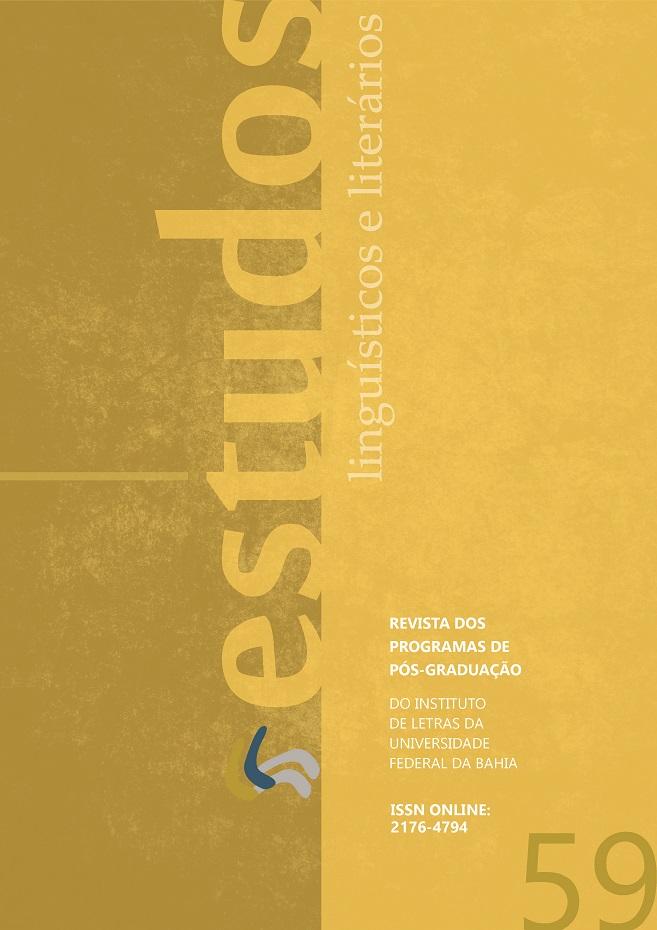REGULAÇÕES DO ESTUPRO EM LYA LUFT E PATRÍCIA MELO | REGULATIONS OF THE RAPE IN LYA LUFT AND PATRÍCIA MELO
DOI:
https://doi.org/10.9771/ell.v0i59.28854Palavras-chave:
Antropologia de gênero, Violência sexual, Romance contemporâneoResumo
Os estudos feministas questionam regras e normas que relativizam a culpa do estuprador, quando desqualificam a mulher. Partindo do diálogo entre literatura e antropologia, este artigo analisa como essa relativização é representada nos romances As parceiras (1980), de Lya Luft, e O matador (1995), de Patrícia Melo. No primeiro, a narradora relata os estupros sofridos por sua avó no casamento. No segundo, o narrador descreve o estupro que pratica contra sua namorada em um momento de descontrole. Nesta análise, levamos em conta o embasamento teórico de Judith Butler e Lia Zanotta Machado, que denunciam a relativização dessa violência como parte das regulações de gênero hegemônicas que insistem na subordinação do corpo da mulher ao desejo masculino.
Abstract: Feminist studies question rules and norms that relativize the rapist’s guilt when they disqualify the woman. Starting from the dialogue between literature and anthropology, this article analyzes how criticism of this relativization is represented in the novels As parceiras (1980), by Lya Luft, and O Matador (1995), by Patricia Melo. In the first novel, the narrator reports the rapes suffered by her grandmother at the wedding. In the second one, the narrator describes the rape he practices against his girlfriend in a moment of lack of control. In this analysis, we take into account the theoretical basis of Judith Butler and Lia Zanotta Machado, who denounce the relativization of this violence as part of the hegemonic gender regulations that insist on the subordination of the woman’s body to male desire.
Keywords: Gender anthropology; Sexual violence; Contemporary novel.


